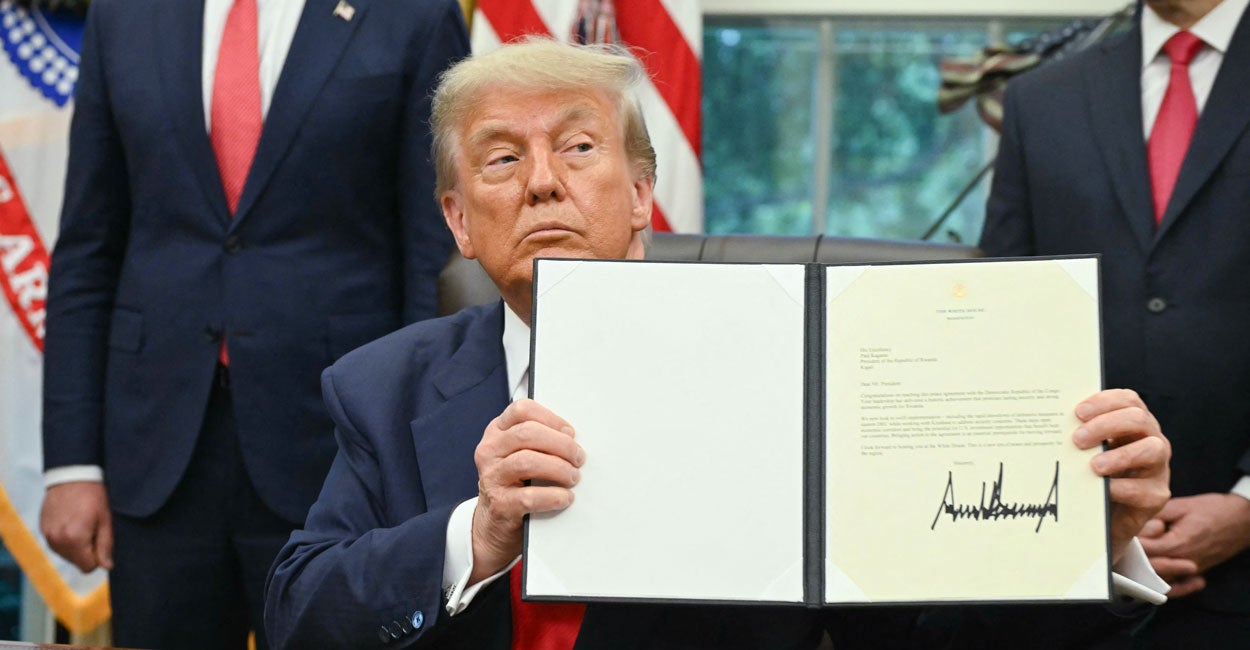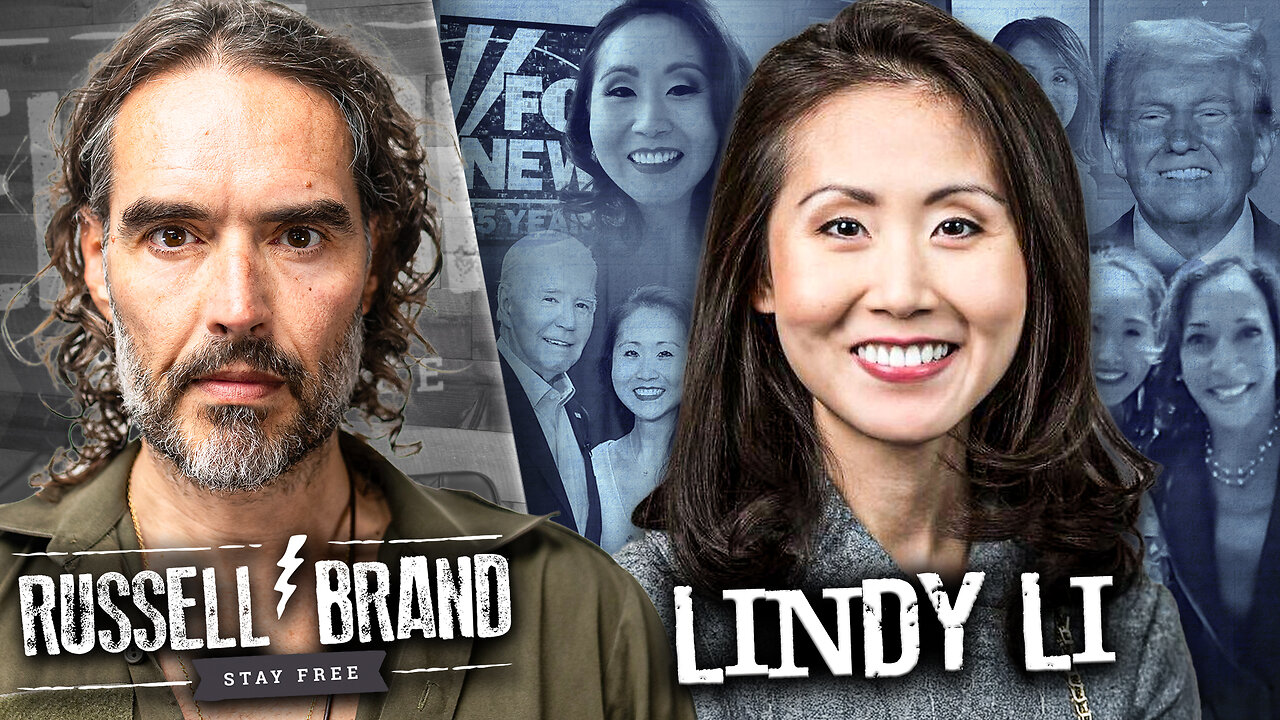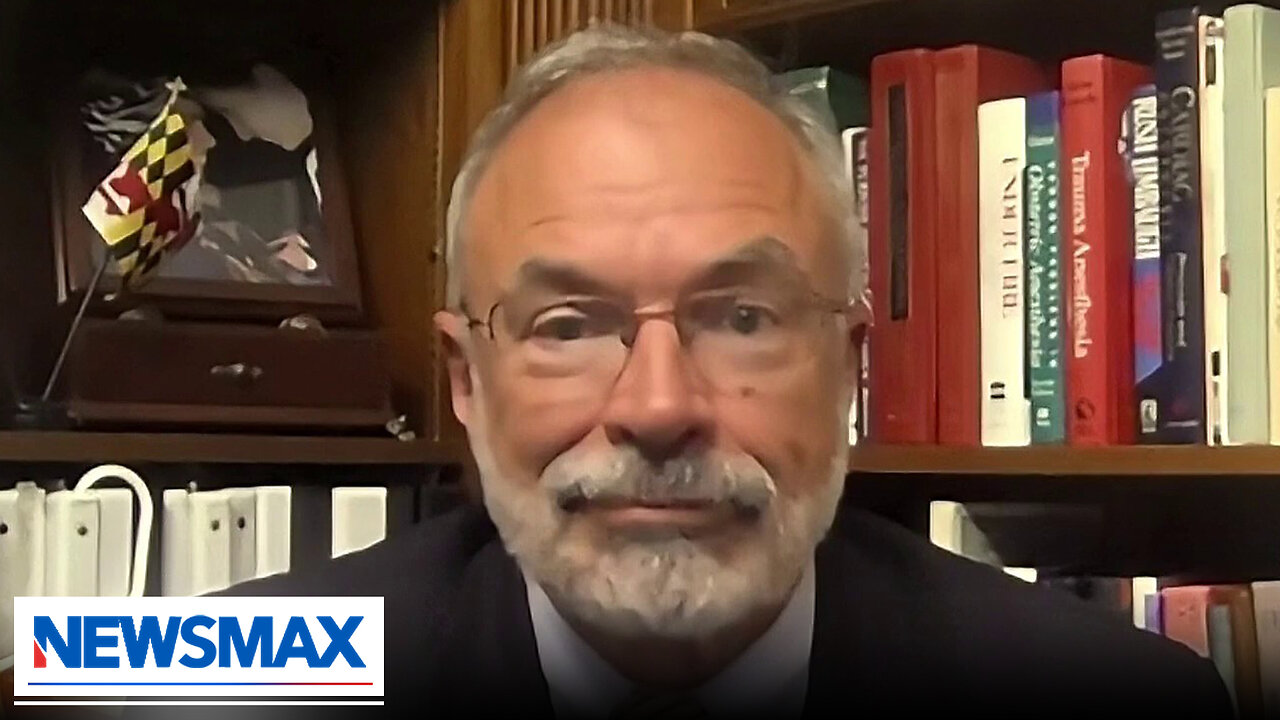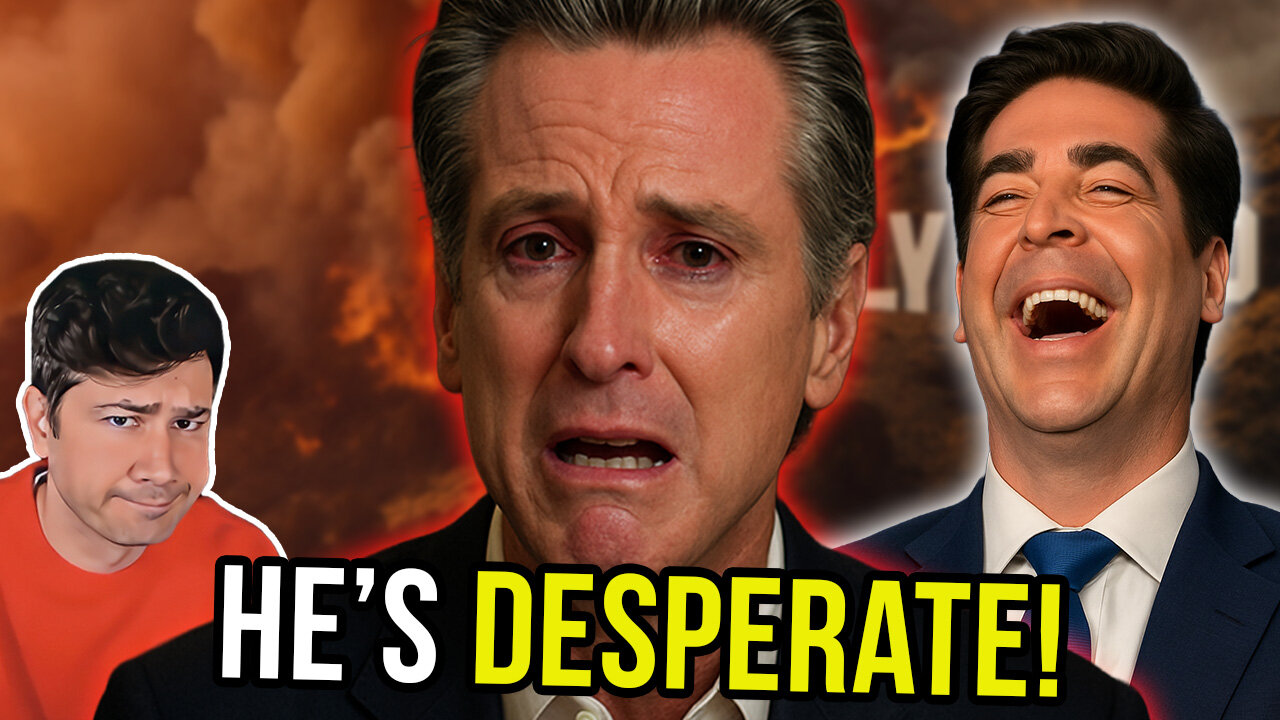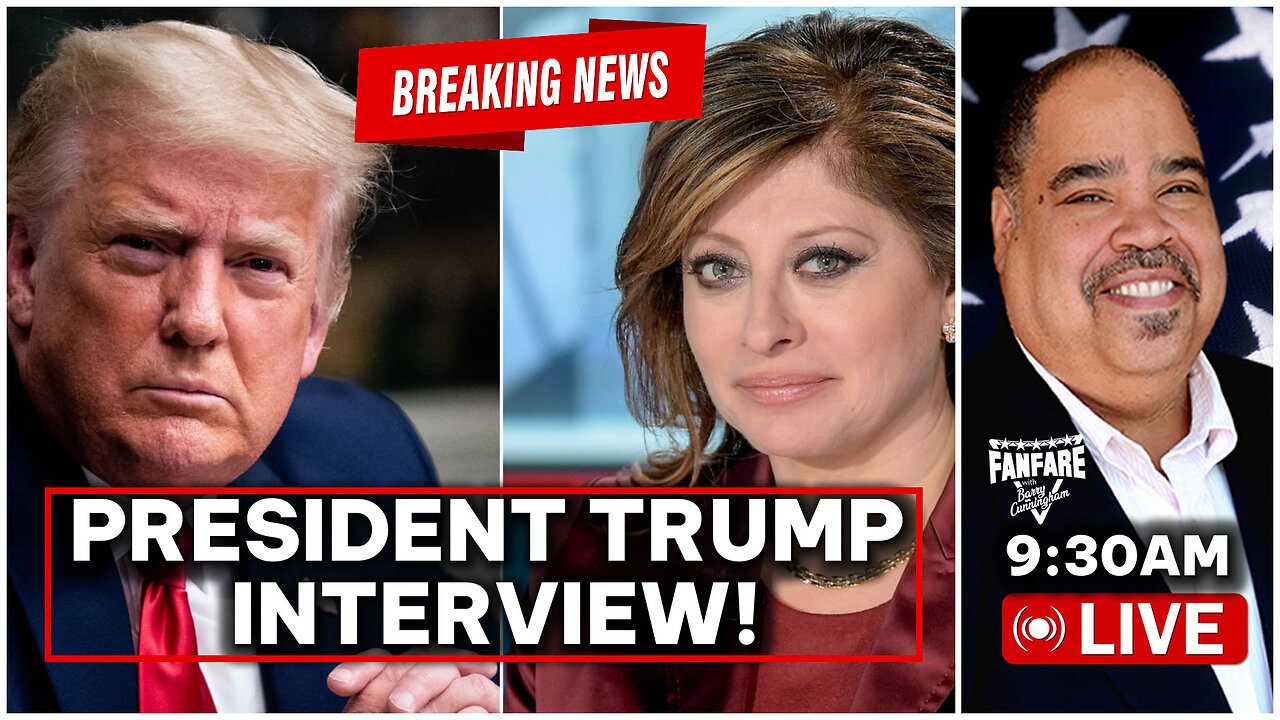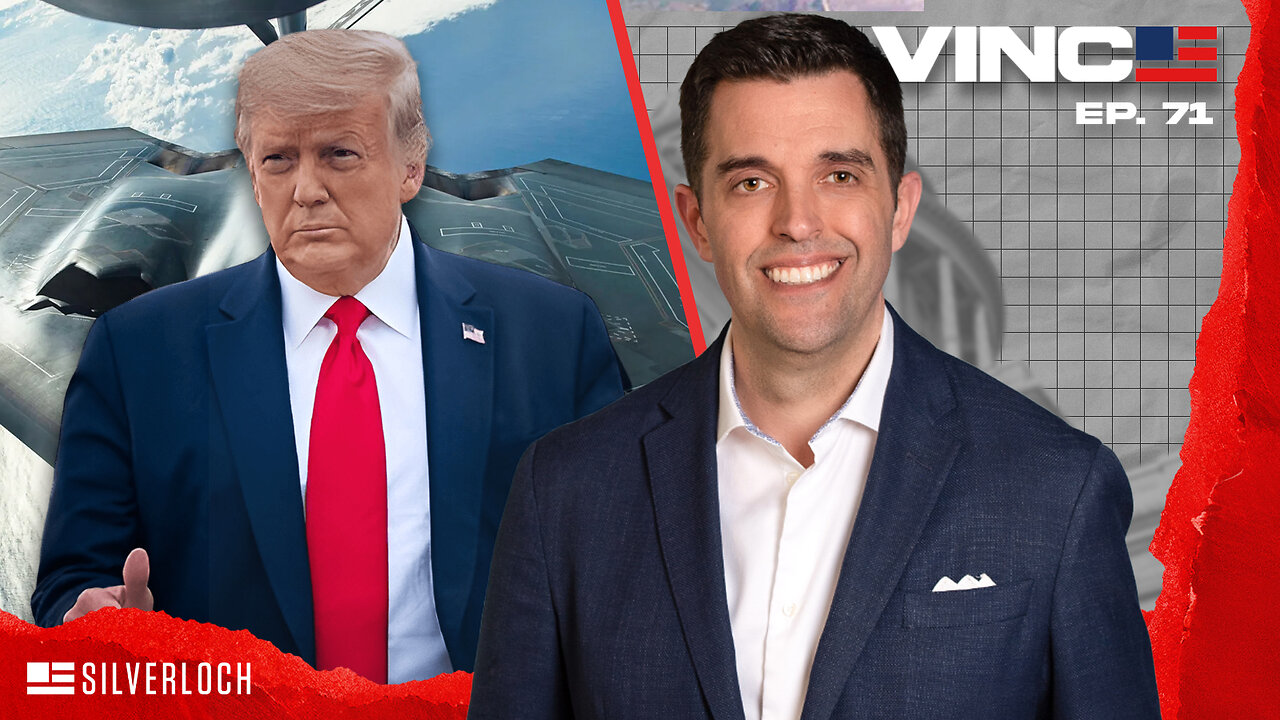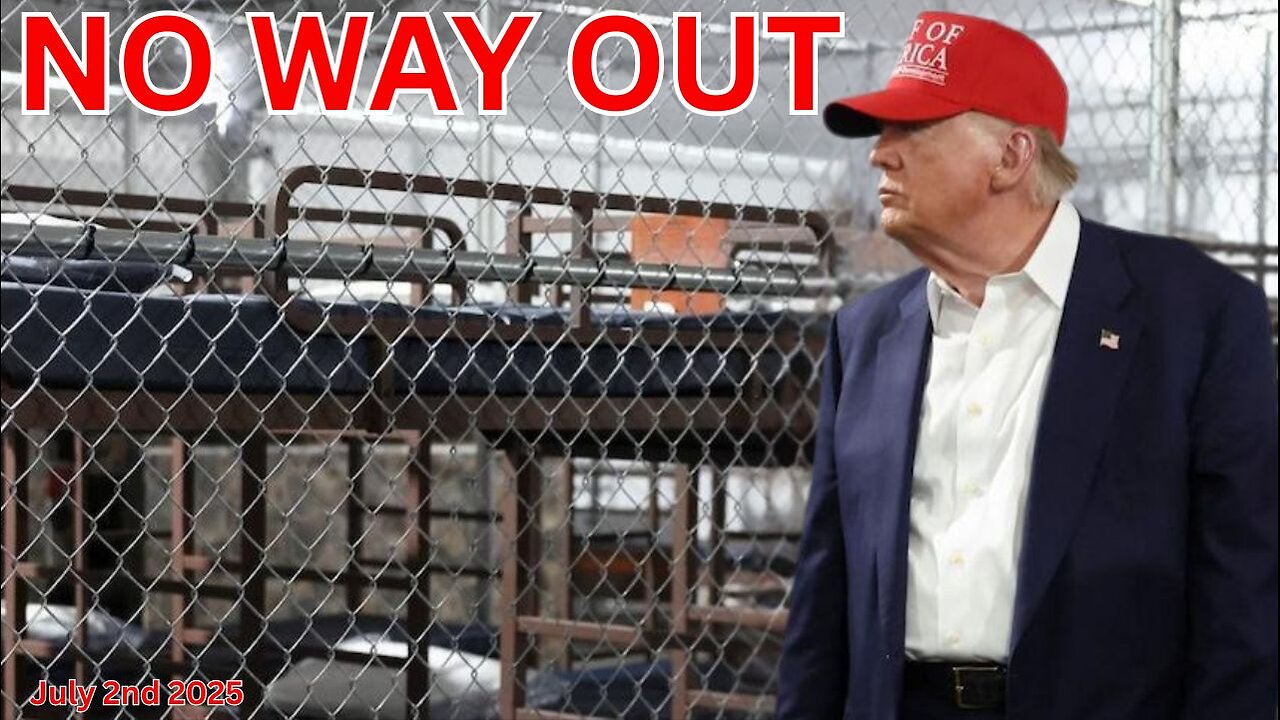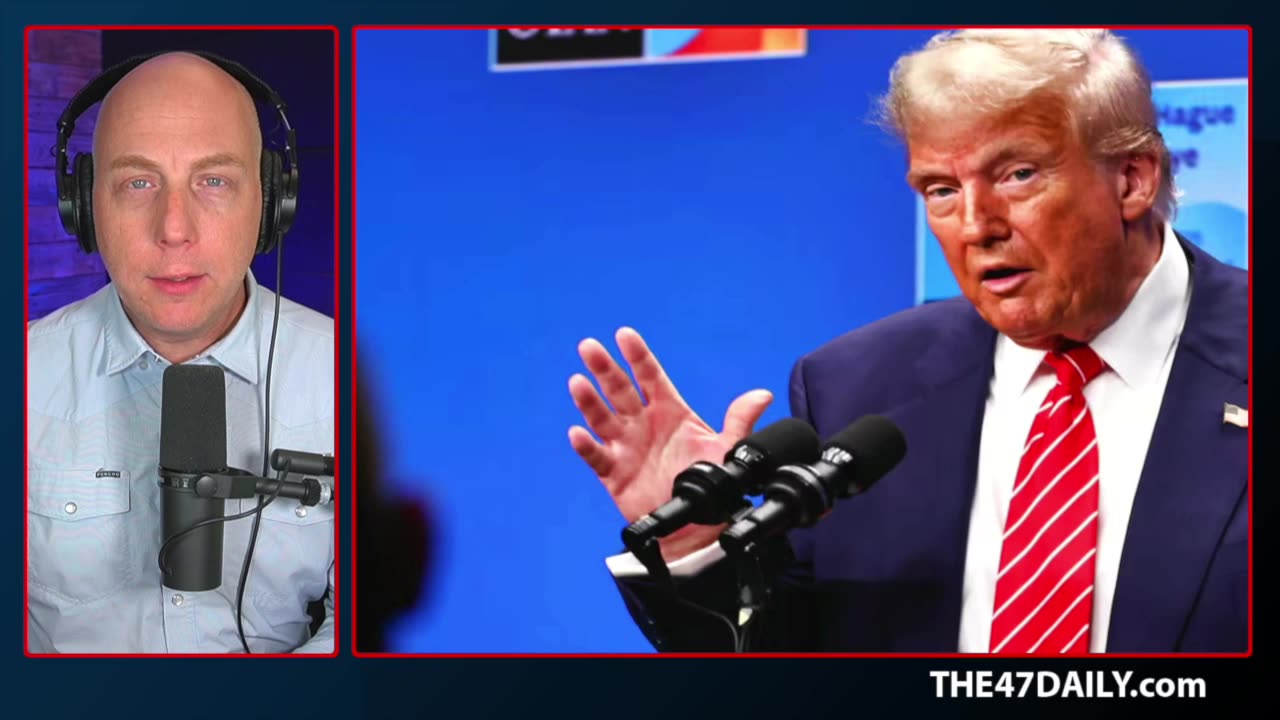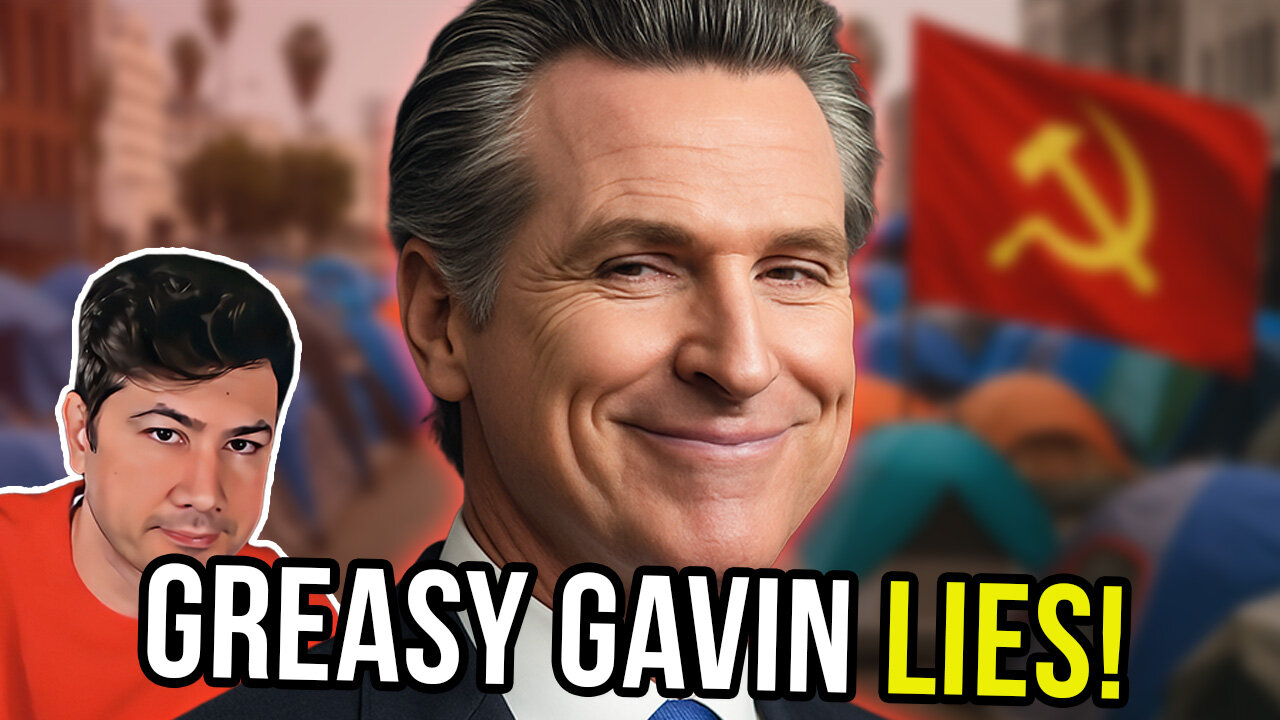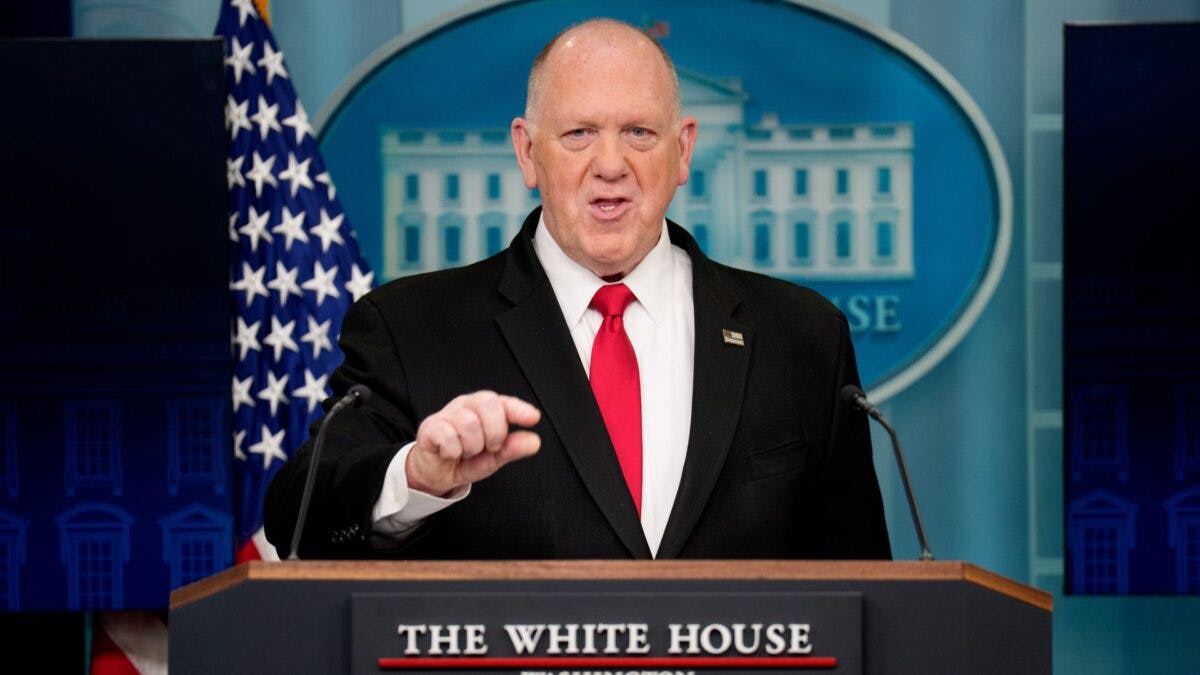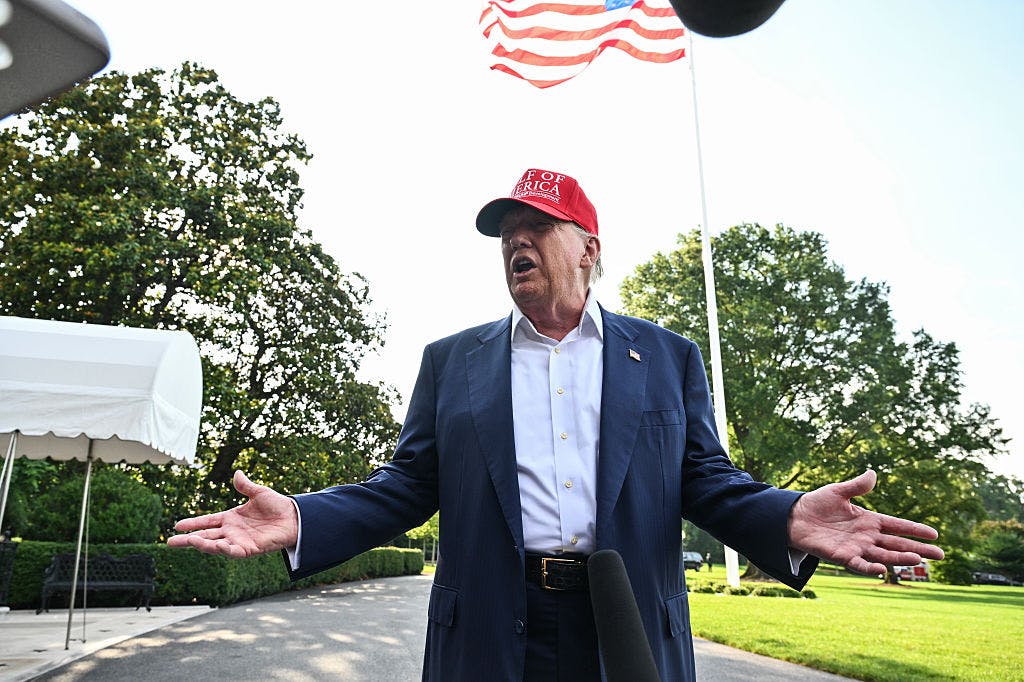Vance Outlines an Open, Forward-Looking AI Agenda
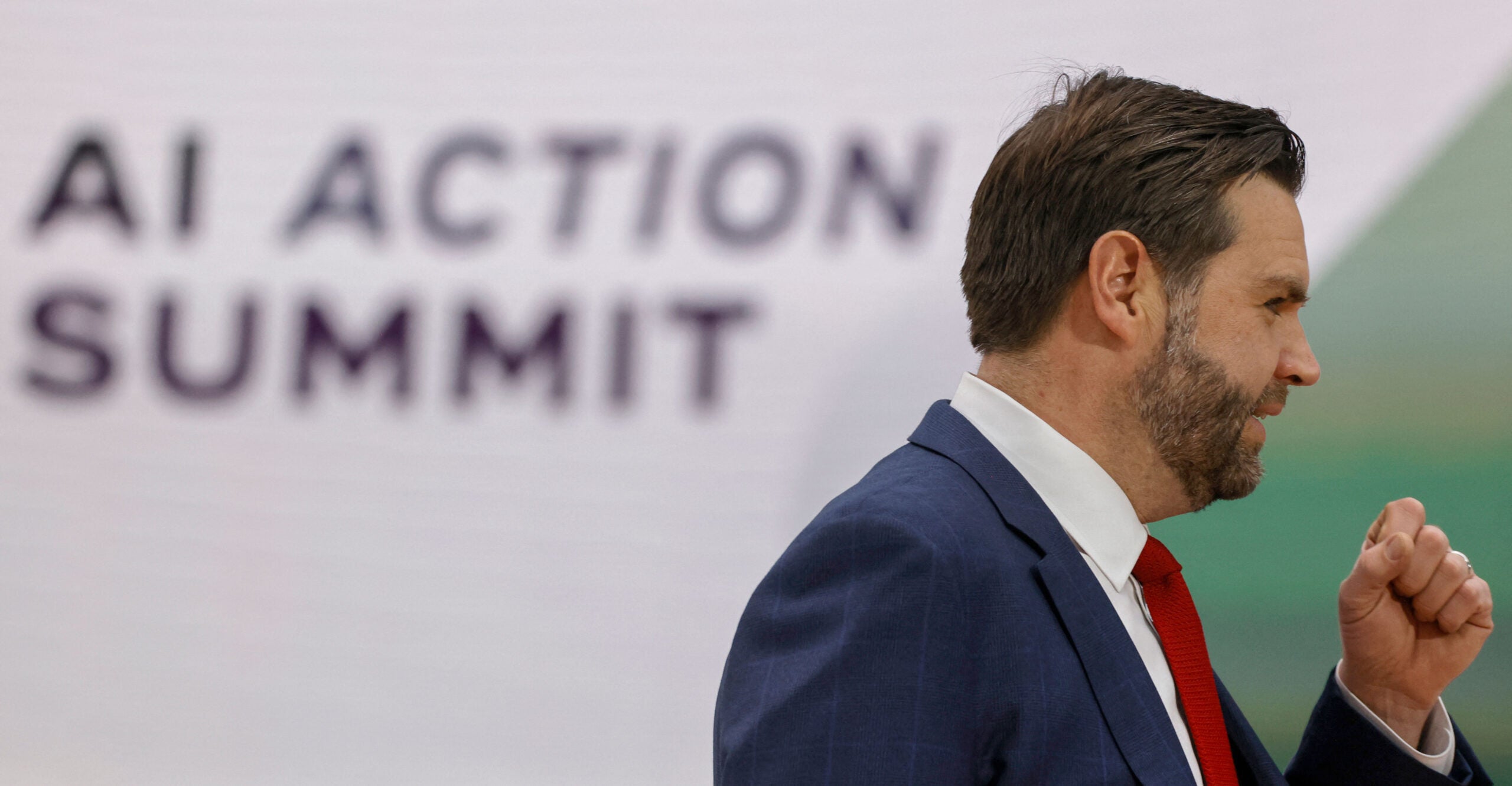
At the AI Action Summit in Paris on Tuesday, Vice President JD Vance articulated a positive vision for American leadership in technology—one that is more innovative than the European Union’s, more aligned with American values than Big Tech’s, and more impervious to the Chinese Communist Party.
Addressing these three audiences, Vance put their artificial intelligence mismanagement on notice.
The European Union
Vance’s message to Europe was clear: Replace a regressive overemphasis on AI safety with a focus on AI opportunity.
“This doesn’t mean … that all concerns about safety go out the window,” he acknowledged, but that excessive risk-aversion stifles innovation and fuels ideological censorship.
Vance cited the EU’s Digital Services Act as a prime example, imposing sweeping censorship under the guise of protecting against misinformation. He likewise criticized the General Data Protection Regulation for failing to shield small firms from crushing compliance costs.
True AI progress, he argued, requires resisting the impulse to overregulate, allowing innovators to experiment, incentivizing companies to invest in research and development, and building the energy infrastructure necessary to scale compute.
America’s “open regulatory environment,” he emphasized, is the foundation of its AI dominance.
Big Tech
Before entering politics, Vance described Big Tech as “fundamentally parasitic” to the broader economy. As vice president, he has put these companies “on notice.”
Yet in Paris, his critique of Big Tech wasn’t another attack. Instead, it was a directive.
“What excites me most about AI is that it is grounded in the real and physical economy,” he noted, underscoring AI’s potential to revitalize domestic energy and manufacturing, industries that “depend on those who work with their hands.”
He rebuked AI leaders for speaking about “replacing workers,” arguing that such language frames people as expendable with automation, rather than as beneficiaries of greater worker productivity.
“With greater productivity,” he asserted, workers should expect “higher wages, better benefits, and safer, more prosperous communities.”
He also warned against incumbents using regulation to freeze out competition, pledging that the Trump administration would “keep Big Tech, ‘little tech,’ and all other developers on a level playing field.”
The vice president’s comments to Silicon Valley are an open hand: Accept and align with American values—or ignore and invite judgment.
The Chinese Communist Party
With China’s DeepSeek’s suspicious development and TikTok’s potential ban dominating headlines, Vance was able to take aim at Beijing’s subversion of American technology without even mentioning China by name.
“Hostile foreign adversaries have weaponized AI software to rewrite history, surveil users, and censor speech … . [They] have stolen and used AI to strengthen their military intelligence and surveillance capabilities, capture foreign data, and create propaganda to undermine other nations’ national security.”
His message was blunt: We will block you. “Full stop.” As President Trump’s new broker for a clean TikTok divestment from China, Vance is no doubt being closely heeded in Beijing.
One Message
The vice president delivered one common message to Europe, Silicon Valley, and China: “The United States of America is the leader in AI and our administration plans to keep it that way.”
Vance’s vision—to out-innovate “safety first” nations, align AI production with American values, and thwart foreign exploitation of AI—is the most coherent and forward-looking tech policy platform we have ever seen from an administration.
The post Vance Outlines an Open, Forward-Looking AI Agenda appeared first on The Daily Signal.
Originally Published at Daily Wire, Daily Signal, or The Blaze
What's Your Reaction?
 Like
0
Like
0
 Dislike
0
Dislike
0
 Love
0
Love
0
 Funny
0
Funny
0
 Angry
0
Angry
0
 Sad
0
Sad
0
 Wow
0
Wow
0

